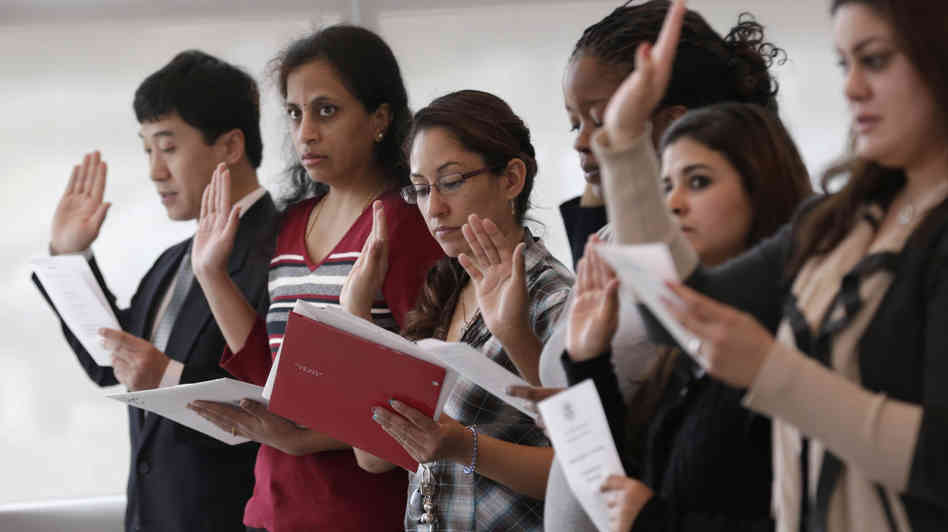By Yukong Zhao, bostonese.com columnist
In the last 22 years since I immigrated to the U.S., people often asked me: Why did you come to America? Like many other immigrants, I came to America for a better life. However, it is easy for us to appreciate what a better life means, but not easy for many others who take it for granted.

A better life means children have enough food and nutrition, and are not limited by just one pound of meat per month as I was rationed during my childhood. It means people will not be politically persecuted, unlike what my father suffered during China’s Cultural Revolution.
Worse, the persecution also extended to my whole family. Twenty years after being persecuted by the corrupted Kuomintang officials, in 1969 my grandparents were forced by Maoist revolutionaries to relocate from Kunming, the capital of Yunnan Province, to a remote and extremely poor village. Without adequate medical treatment, a few months later my grandma died of a heart attack.
To become self-reliant, I started to learn cooking and other living skills when I was six, including taking care of my grandma in the hospital. After surviving many more devastations to my family, I made it to one of China’s top universities after Deng Xiaoping implemented reform and open policy, and offered my generation an opportunity to attend colleges and pursue our dreams.
Coming to America was the grand dream of my generation. However, it took an extraordinary endeavor for a poor foreign student to become an American. That included obtaining admission and financial assistance from an American university, getting a job and finally receiving American citizenship.
It took me about two years of intensive English training before I was able to score higher than most American students on the Graduate Record Exam. Based on that and my work accomplishments, Virginia Tech granted me admission, a tuition waiver and a $600 per month stipend.
I finally made it to America in 1992. To bring my wife here, I had to save out of the monthly $600 by living in a basement and buying low-priced groceries. We had to overcome many more cultural and language barriers in our path to become Americans. After graduation, it took me five more months to find a job in the U.S. because the American government stipulated restrictive regulations for companies to hire foreign students and most companies did not even try.
In October 1996, I got my dream offer from Westinghouse, where I met many executives and colleagues with professional integrity. With their support, my career development had a good start. I worked hard and smart.
Like many other first-generation immigrants, now my family is able to live with a better life as we dreamed: Our children have enough to eat, a beautiful house to live in, the chance to pursue their dreams without any financial, language and cultural barriers, and no worries of political turmoil and persecution.
In July 2009, more than 10 years after my company started the sponsorship, my wife and I finally received our American citizenship. It was a great joy for us, but in a difficult time for our new home country: America was in the middle of the financial crisis.
Like other Americans, we are proud of what makes America great: the rule of law, democracy and free-market system. We are also concerned about her many challenges: our declining education and poor money-management practice by many families. I began to think: What can we do to help?
Why do so many immigrants prosper in America? Because we have suffered many life challenges from where we started to become Americans, we have valuable experiences we can share with struggling families, our spirit to overcome challenges, and our great cultural heritage on education and money management.
America has attracted the brightest and most hard-working people from all over the world. If we, as new immigrants, all participate in shaping the culture and the future of America, instead of just being dissolved in this melting pot, we can make America better. In this way, we will become true American citizens.
(YuKong Zhao of Orlando is the author of the book “The Chinese Secrets for Success: Five Inspiring Confucian Values.”
This article was initially published on Orlando Sentinel.)